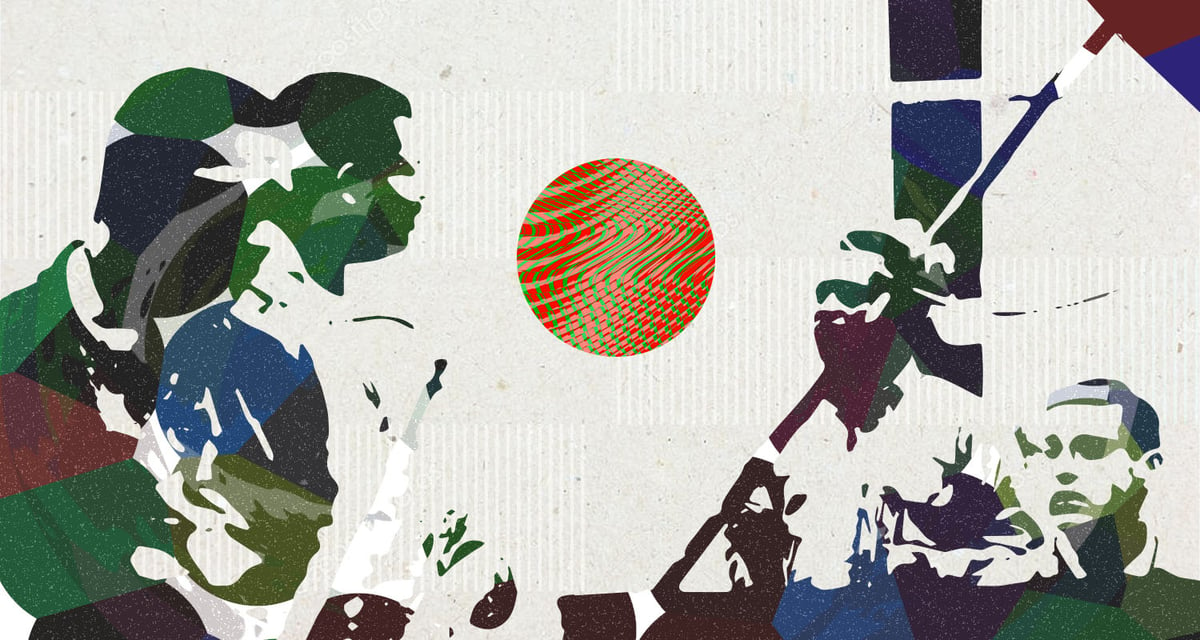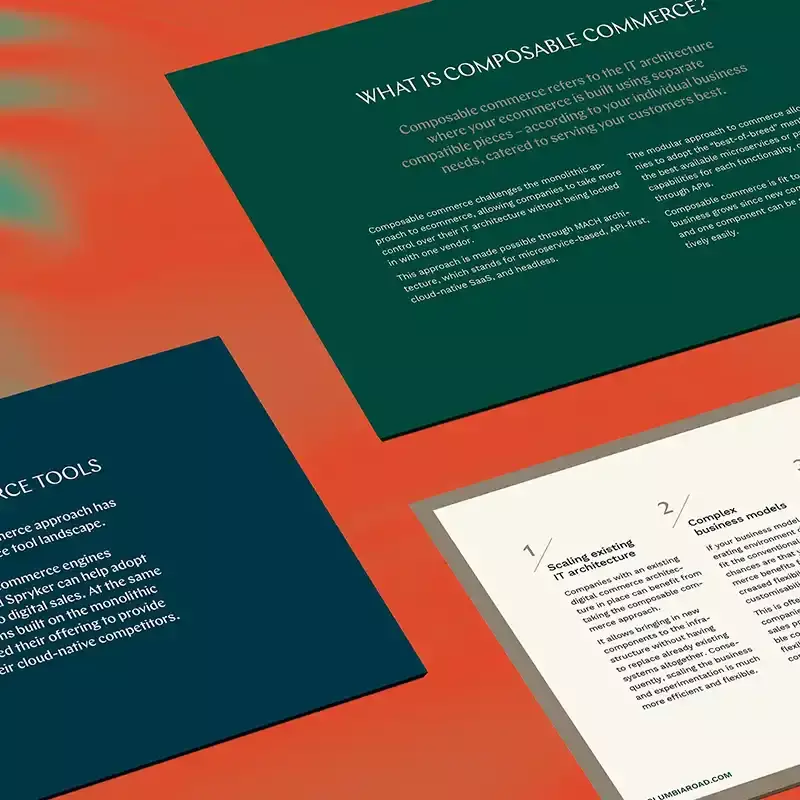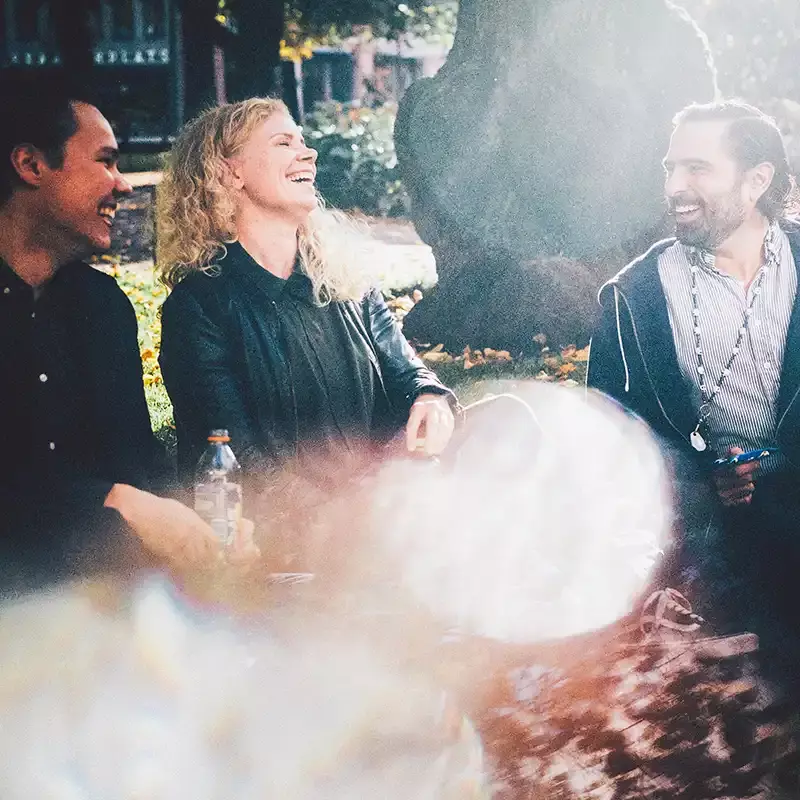The Data Handbook
How to use data to improve your customer journey and get better business outcomes in digital sales. Interviews, use cases, and deep-dives.
Get the book
It's one of the remarkable achievements of our human capacity to collaborate that a group of young musicians were able to walk into a studio mostly unprepared and improvise, only to come out with one of the greatest albums of all time — Kind of Blue. As one of the band members, Bill Evans, recounts in his liner notes: '...you will hear something close to pure spontaneity in these performances. The group had never played these pieces prior to the recordings and I think without exception the first complete performance of each was a "take."'
The group in question has more familiar names — John Coltrane, Cannonball Adderley, Paul Chambers, Jimmy Cobb, and Wynton Kelly, not to mention the band leader, Miles Davis. But rather than be mired down in a mystified state of awe, their ability to create something so wonderful together could teach us something about the dynamics of an exceptional team.
We learn more in the notes about how Miles worked, presenting the group with a 'framework' that contained all the necessary information, the themes, and chords that would then guide and inspire the musical act — Miles' included.
'[I] brought in sketches, because I wanted a lot of spontaneity in the playing. I knew that if you’ve got some great musicians they will deal with the situation and play beyond what is there and above where they think they can.'
- Miles Davis
What is revealed here, other than the sense of connectedness and keen understanding of the common vision, is also how much Miles trusted his team to do their part and made space for them to interpret and express. The combination is incredible in its simple effectiveness: guide not control, suggest not dictate, and give the freedom to create. After all, Miles could play the piano, but not like Evans. Knowing that and his role well, he allowed everyone to be at their best in an environment of spontaneity which was deemed essential to his way of jazz. We cannot know for certain how much of an influence this had on the group, but members like Evans and Coltrane would go on to record some of their best and most spontaneous bodies of work a few years into the sixties such as Sunday at the Village Vanguard and A Love Supreme.
Compelled as am I to draw parallels here to my own line of work, there are passages in Evan's notes that read as if they fell off from your airport bestseller, dispensing concise wisdom on the nature of teamwork.
'Group improvisation is a further challenge. Aside from the weighty technical problem of collective coherent thinking, there is the very human, even social need for sympathy from all members to bend for the common result.'
- Bill Evans
There is even the obligatory nod to a Japanese art rooted in Zen. Perhaps Steve Jobs should have looked closer at Evans than The Beatles.
This brings up the question of suitability; business is not jazz, does this apply to all? I think it does vary. But I would also argue that it holds some relevance to all organisations and all the relevance to some. To organisations such as Columbia Road, identifiable as a teal archetype within the Laloux Model, it's essentially the ideal. Less management and more guidance. Focusing the efforts towards distributed decision-making and self-determination. For organisations that may find themselves more towards the redder hues of the spectrum, there is still a need to make the most out of the members and allow them to help the organisation. There is also the need to be receptive to the world. Imagine if all music were still made the way of Bach! In a world trying to be ever so flatter in hierarchy, with geographical borders swayed by the Internet, and for the most part increasingly peaceful, there is something almost inevitable about a group of people joining together, their diverse backgrounds and skills colouring their view, and in their shared vision and freedom creating something like Kind of Blue.
Feeling inspired? Apply now and get a chance to make real impact with your work! Gear up your career, learn new skills, work along the best people in the business and get to work on projects you care about.
The Data Handbook
How to use data to improve your customer journey and get better business outcomes in digital sales. Interviews, use cases, and deep-dives.
Get the book




